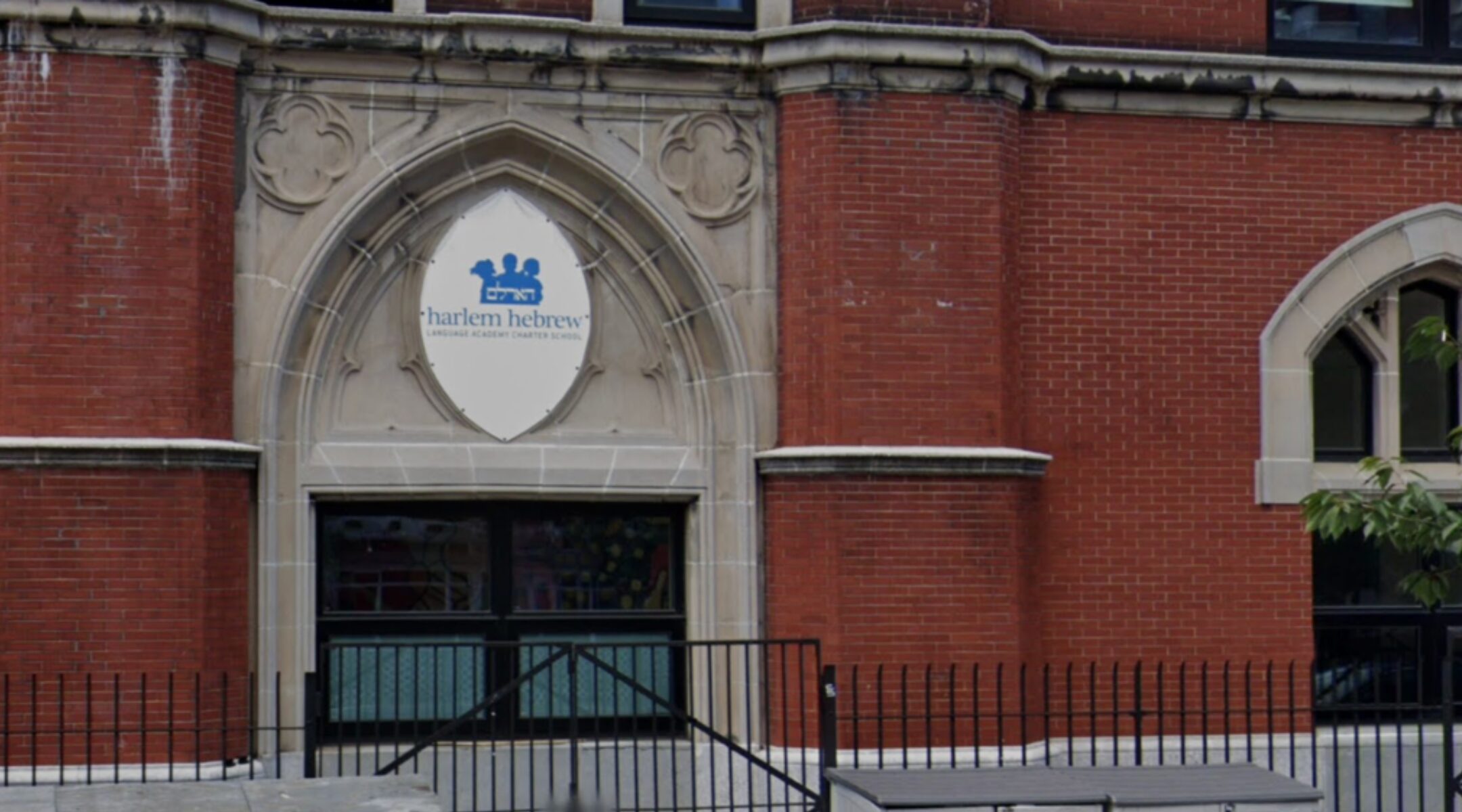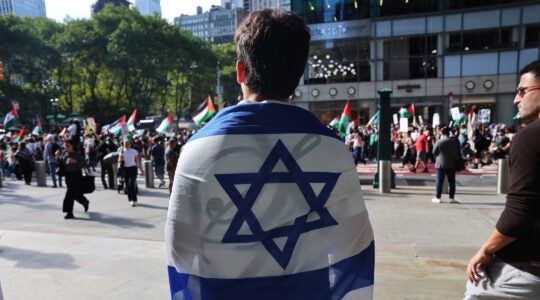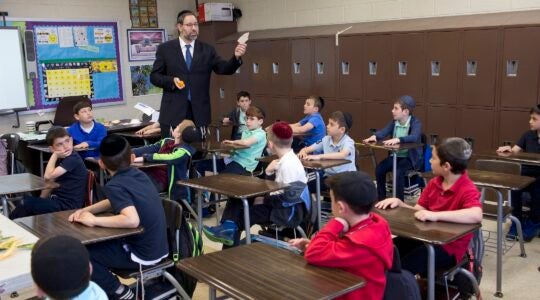(New York Jewish Week) — A charter school in Manhattan that taught Hebrew to a diverse population of students will close at the end of the school year.
Families with children enrolled at the school learned in February that Harlem Hebrew Language Academy Charter School would close at the end of the academic year in June, and the school’s board of trustees finalized the plan during its April 26 meeting. The decision leaves families scrambling for new schools with just weeks before the start of the summer break.
The decision to close marks an abrupt fall for a school that was seen as a promising new model for language learning and racial integration when it opened in 2013. Its board and charter network, Hebrew Public, were so confident of its success that they undertook a costly building renovation several years ago.
Now, it’s unclear what will occupy the building where Harlem Hebrew has operated since 2013. The school, located in the historically Black uptown Manhattan neighborhood, and near the heavily Jewish Upper West Side, currently enrolls 370 students from kindergarten through eighth grade — about 70% of the total number of students it is permitted to enroll.
The school’s board of trustees cited low enrollment at the school and across New York City’s public schools when unanimously approving the closure resolution last month.
The decision to close was “difficult but necessary,” Jon Rosenberg, president and CEO of Hebrew Public, said in a statement to the Jewish Telegraphic Agency. Hebrew Public is a network of Hebrew-language charter schools with locations in Brooklyn, Staten Island and Philadelphia; there are also affiliated schools in several other cities, with efforts underway to open more.
“The combination of lower enrollment and high facilities costs has made the school’s future operation untenable, to the point where the [school] board, Hebrew Public, and school leadership all agreed that it would not be responsible to operate the school for another school year,” Rosenberg said. “Instead, we have prioritized using the school’s resources to give students and families a strong finish to the current school year.”
A representative from Harlem Hebrew declined to comment.
The school was founded in Harlem in order to attract a racially and socioeconomically diverse and inclusive student body. When it opened, it and other tuition-free Hebrew-language charter schools across the country were seen as an alternative of sorts for some Jewish families who sought to expose their kids to Hebrew without the price tag of a Jewish day school education. Hebrew Public has run trips to Israel for some of its eighth-graders, in which it aimed to show them the country while steering clear of religious education.
The Harlem school and its counterparts in New York City have experienced bumps in the road. The first Hebrew-language charter school, which opened in 2009 in Brooklyn, narrowly evaded closure early on because of low test scores. Harlem Hebrew, meanwhile, experienced its principal being charged in 2020 with assaulting a 7-year-old student with autism.
School staff will be paid through Aug. 15 and receive health care through the end of August, according to the meeting agenda. It said Harlem Hebrew is also helping its staff access job placements and opportunities at other charter school networks.
Harlem Hebrew is also scheduling two school fairs for families to meet with Manhattan and Bronx charter, city-run and private schools and created a database of school options for families to explore for the upcoming academic year.
“The teachers and leaders and social workers and culture and operations team members have been unbelievably dedicated,” Rosenberg said in the statement. “We are deeply saddened about the closure, but are grateful to all of the children and families and staff colleagues who have made the school such a special place.”
The New York Jewish Week brings you the stories behind the headlines, keeping you connected to Jewish life in New York. Help sustain the reporting you trust by donating today.





